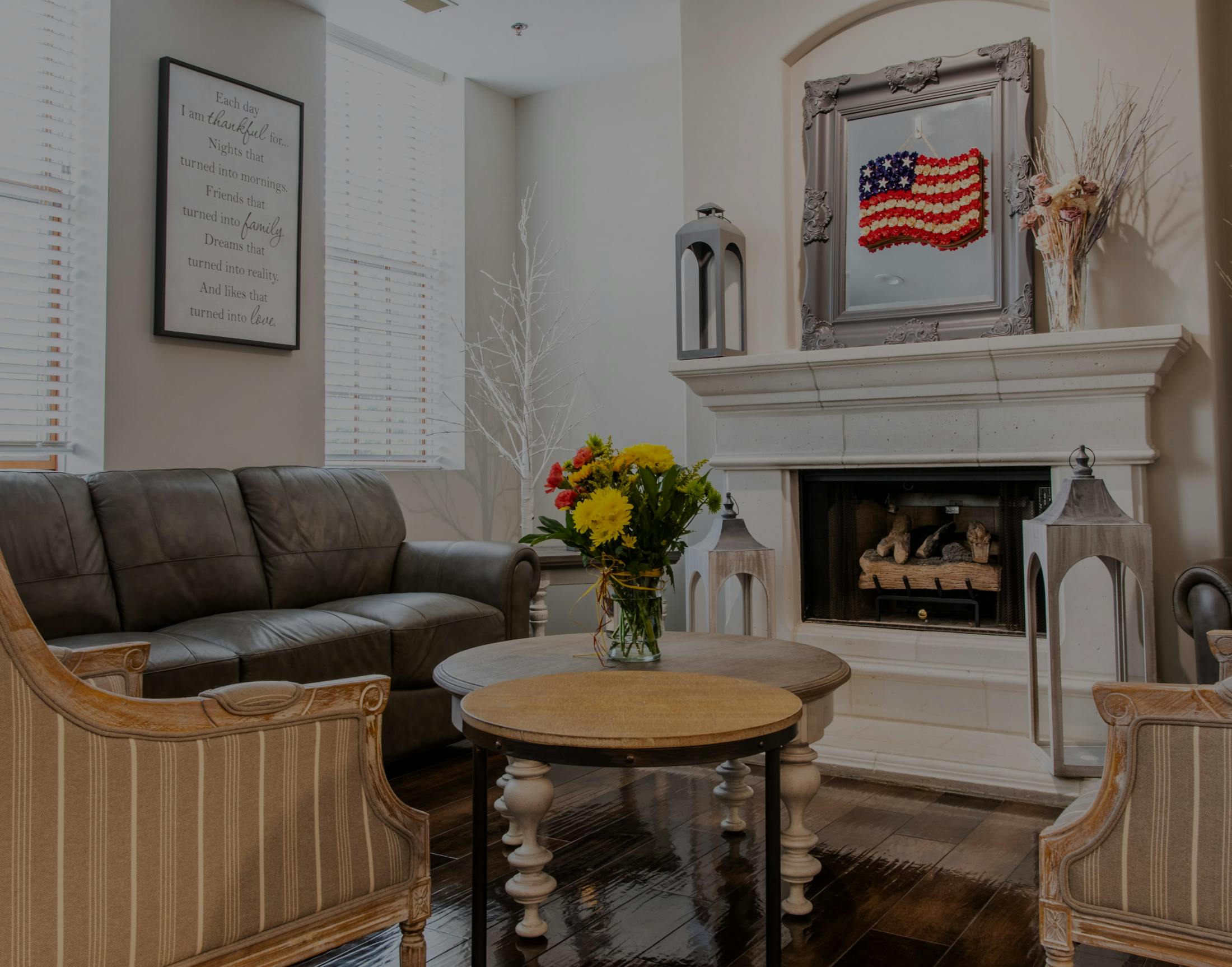Sleep is an essential component of good health. Lack of sleep can lead to fatigue, irritability, and an inability to concentrate.
Types of Sleep Apnea Appliances
Oral appliance therapy is a simple and comfortable treatment option for people suffering from obstructive sleep apnea (OSA). An oral piece made of soft plastic or acrylic material is custom fitted to fit the wearer's teeth and mouth. These oral appliances work by repositioning either the lower jaw or the tongue so that air can flow freely during sleep. The two most common types are mandibular repositioning devices, which move the lower jaw forward, and tongue retaining devices, which hold the tongue in place to prevent obstruction. Oral appliance therapy is a safe and effective way to reduce nighttime snoring and control OSA symptoms without posing any risk or discomfort from using other treatments such as masks or surgery.





